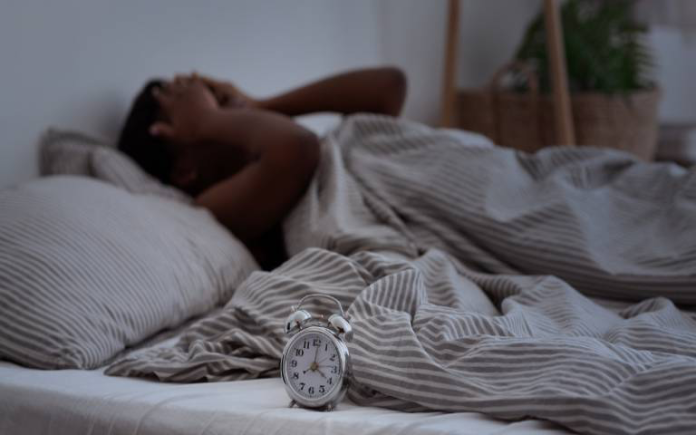People who have atypical work patterns, such as shift workers and those who work on the weekend, have worse quality and quantity of sleep, compared to those who work a typical 35-40 hour week, finds a new study
The research analysed the work and sleep patterns of over 25,000 men and women between 2012 and 2017.
They found that compared to people who worked a standard 35-40 hour week, those working 55 hours a week or more had the poorest sleep – including short sleep (less than seven hours a night) and sleep disturbance (struggling to fall asleep within 30 minutes, waking up in the middle of the night or early morning, and a self-rating of poor-quality sleep).
Meanwhile, those who worked most/all weekends and nonstandard patterns like shifts also experienced sleep disturbance, and either short sleep or long sleep (more than eight hours a night).
Lead author, Dr Gillian Weston (UCL Epidemiology & Public Health), said: “While individual sleep needs vary, adults are generally recommended to aim for at least seven hours of sleep per night. The repercussions of poor sleep extend beyond mere fatigue. Research demonstrates both long and short sleep durations are associated with poor health, emphasising the critical role of balanced sleep in overall well-being.
“Insufficient sleep and sleep problems are linked with mental and cognitive health issues, chronic diseases, and even work-related injuries. The economic toll of poor sleep is staggering, with productivity losses estimated at over £40billion annually in the UK alone.”
Participants involved in the study were asked a series of questions, including about their jobs, hours of work, health and sleep.
The researchers focused on three atypical temporal work patterns: working more or less than the standard 35-40 hours per week, weekend work, and nonstandard schedules (e.g. shifts, early mornings and late evenings).
They also looked at whether there were any gender differences in the associations between atypical work patterns and sleep – and found that the link between long work hours and short sleep was stronger for women.
Men who worked part-time were more likely to experience longer sleep durations, possible reflecting underlying issues of underemployment and its connections to mental health.
Compared to weekday workers, men were more likely to experience short sleep if they frequently worked weekends, whereas women were more likely to experience short sleep if they worked any weekends.
Dr Weston said: “Women who work weekends tend to be concentrated in low-paid service sector jobs, with the poorest work conditions, such as low work autonomy and job satisfaction. This might explain why women are more likely to experience short sleep if they work weekends.”
In addition to gender, the researchers took account of factors, such as age, caring, income, health, job satisfaction, work autonomy and other conditions that could impact an individual’s sleep patterns.
Dr Weston said: “Our findings serve as something of a wake-up call to those responsible for the wellbeing of workers, but also the health of our economy.
“Employers and policymakers need to ensure that sufficient rest and recovery are a greater priority together with a more careful consideration of the timing and scheduling of work to better support workers’ health and productivity.”







